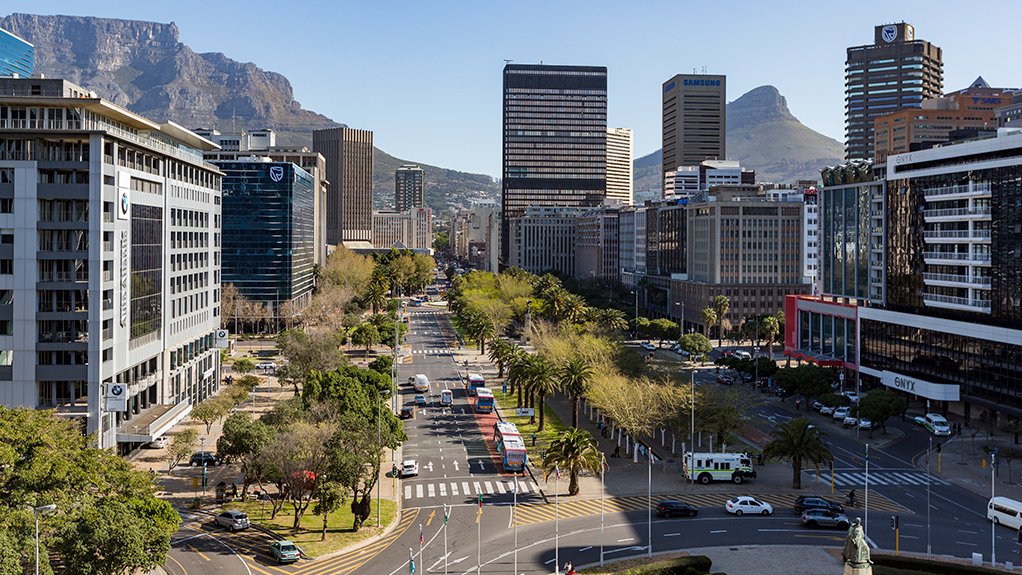Big African cities could see a significant increase in their population numbers by the end of the century with smarter planning becoming more imperative in order to provide sufficient housing and other social welfare infrastructure for current and new residents.
For example, in Nigeria, Lagos could see its population spike from its current 20-million to more than a 100-million by 2099.
The South African Cities Network says cities provide many employment and other opportunities for migrants and therefore people will continue to flock in large numbers.
Programme Manager at the SA Cities Network, Danga Mughogho, says an influx of new residents leads to additional pressures on urban infrastructure.
Mughogho says urban development must be inclusive and cater to future challenges.
Access the latest State of South African Cities report here.
Related articles:
- Rebuilding in KwaZulu-Natal will cost more than R25-billion.
- 6,500 social housing units being built to provide much-need housing opportunities to Mother City residents.
- WC Safety Dashboard launched: Trauma Unit data will inform policing priorities, resourcing.
1. The SA Cities Network State of South African Cities Report 2022 is two weeks new! Download it at this link: https://t.co/P0y2IyzeQb
— Danga Mughogho (@DangaSACities) May 6, 2022
📢"All-of-Society to address urban governance issues."
Read our @MunicipalFocus feature about the State of South African Cities 2021 Report. #SOCR5
Read more here: https://t.co/VCABupgUcy
— SA Cities Network (@SACitiesNetwork) May 30, 2022


